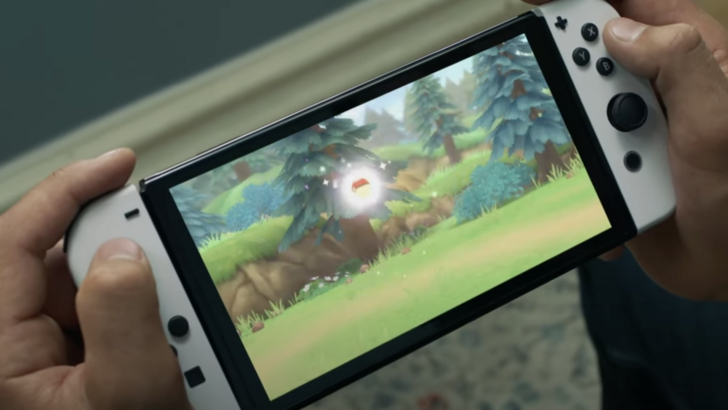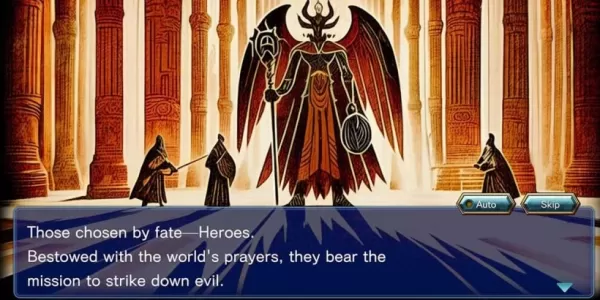Teen Gamer Drops Fortune on Digital Monopoly Spinoff
A shocking case highlights the financial risks of in-app purchases: a 17-year-old reportedly spent a staggering $25,000 on the free-to-play game Monopoly GO. This incident underscores the potential for uncontrolled spending driven by microtransactions, a common monetization strategy in the gaming industry.
The teenager's excessive spending isn't an isolated incident. Other players have reported significant in-game expenditures, with one user admitting to spending $1,000 before quitting. These examples demonstrate the addictive nature of microtransactions and their ability to quickly escalate spending.
A Reddit post (since deleted) detailed the $25,000 expenditure, comprised of 368 individual purchases. The stepparent's plea for advice on recovering the funds highlights the often-difficult process of obtaining refunds for unintentional in-app purchases. Many commenters noted that Monopoly GO's terms of service typically hold users responsible for all transactions. This isn't unique to Monopoly GO; the freemium model, heavily reliant on microtransactions, has generated billions for companies like the creators of Pokemon TCG Pocket, which raked in $208 million in its first month.
The Controversy of In-Game Microtransactions
The Monopoly GO case adds to the ongoing debate surrounding in-game microtransactions. The practice has faced criticism before, with lawsuits against companies like Take-Two Interactive (over NBA 2K) demonstrating the legal challenges and consumer anger associated with aggressive microtransaction models. While this particular case may not reach the courts, it serves as a stark reminder of the potential for significant financial harm.
The profitability of microtransactions is undeniable; Diablo 4, for example, generated over $150 million in microtransaction revenue. This model's effectiveness lies in its ability to encourage small, frequent purchases rather than larger, less frequent ones. However, this same feature contributes to the criticism: the cumulative effect of seemingly small purchases can be substantial and easily lead to excessive spending, often without the user fully realizing the financial implications.
The Reddit user's situation underscores the difficulty in recovering funds spent on in-app purchases. For players, this serves as a cautionary tale about the potential for rapid and significant spending in games employing microtransaction systems.
-
1
![Roblox Forsaken Characters Tier List [UPDATED] (2025)](https://imgs.ksjha.com/uploads/18/17380116246797f3e8a8a39.jpg)
Roblox Forsaken Characters Tier List [UPDATED] (2025)
Mar 17,2025
-
2
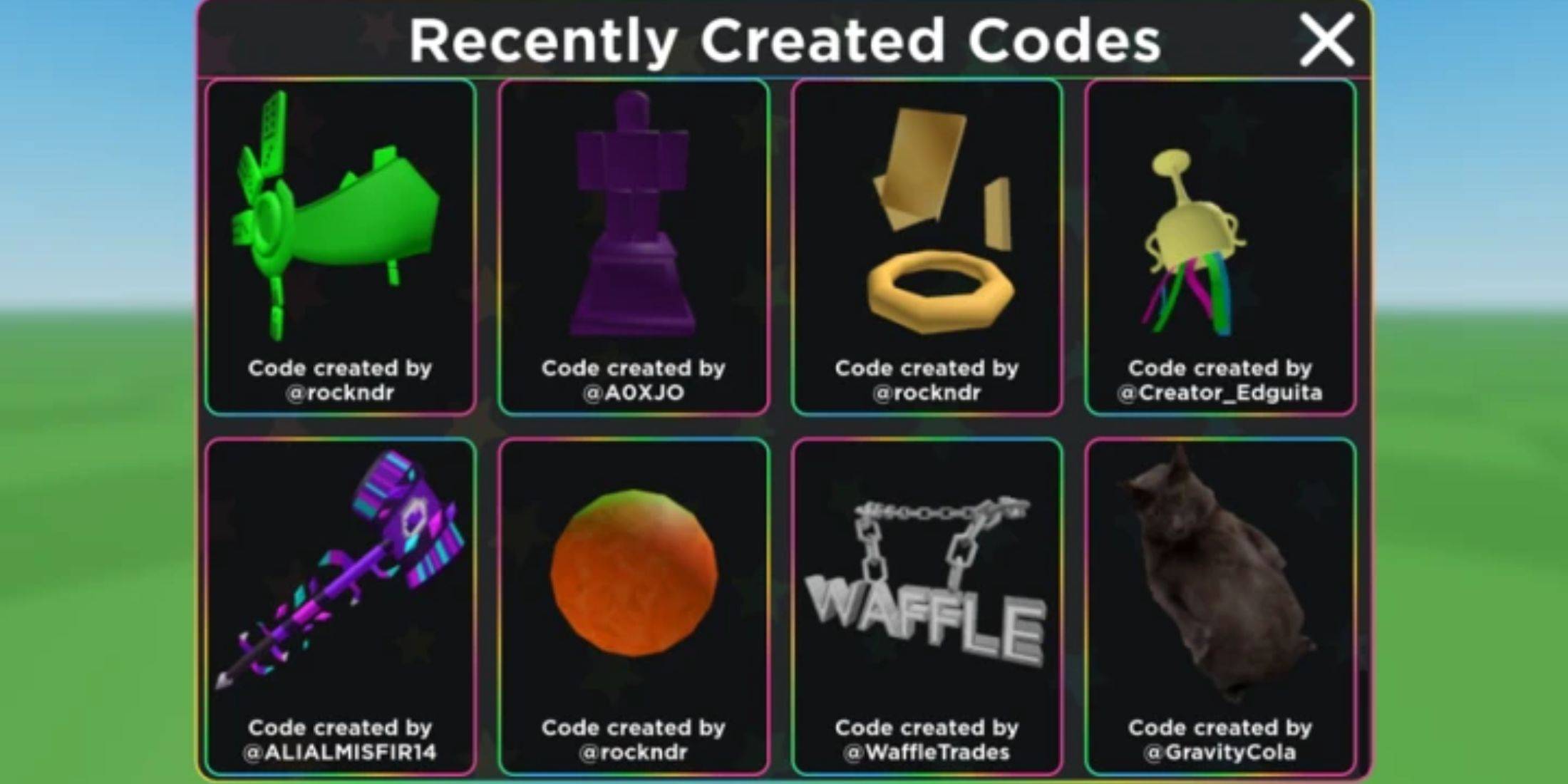
Roblox UGC Limited Codes Unveiled for January 2025
Jan 06,2025
-
3

Stardew Valley: A Complete Guide To Enchantments & Weapon Forging
Jan 07,2025
-
4

Pokémon TCG Pocket: Troubleshooting Error 102 Resolved
Jan 08,2025
-
5

Free Fire Characters 2025: Ultimate Guide
Feb 20,2025
-
6
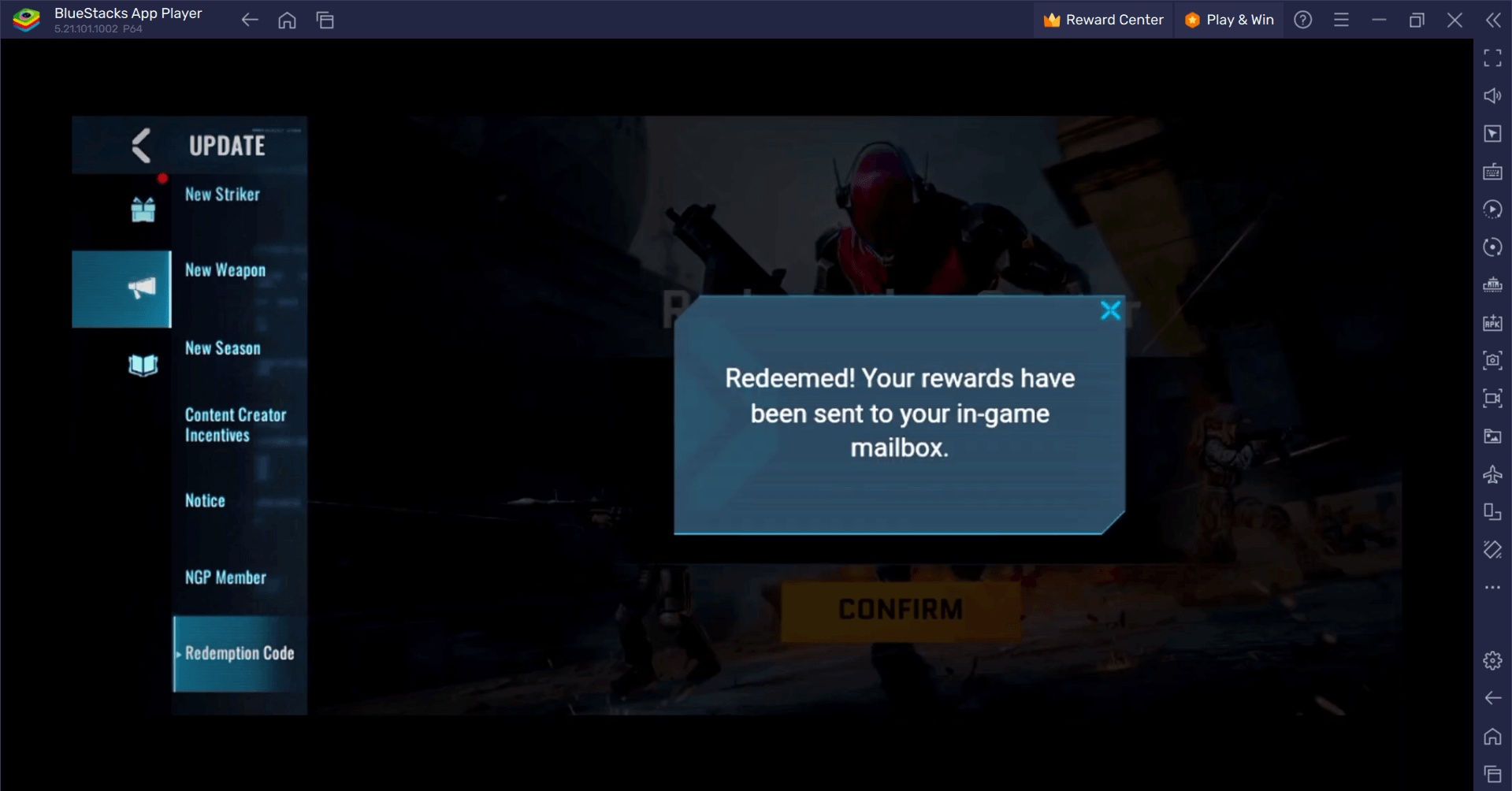
Blood Strike - All Working Redeem Codes January 2025
Jan 08,2025
-
7

Blue Archive Unveils Cyber New Year March Event
Dec 19,2024
-
8

Roblox: RIVALS Codes (January 2025)
Jan 07,2025
-
9
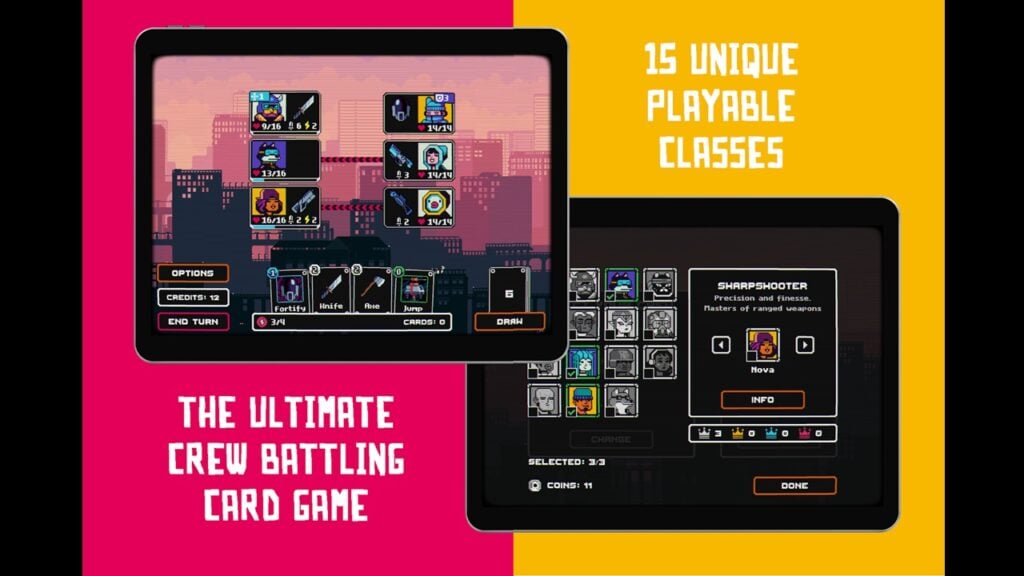
Cyber Quest: Engage in Captivating Card Battles on Android
Dec 19,2024
-
10

Delta Force: A Complete Guide to All Campaign Missions
Apr 09,2025
-
Download

A Simple Life with My Unobtrusive Sister
Casual / 392.30M
Update: Mar 27,2025
-
Download

Random fap scene
Casual / 20.10M
Update: Dec 26,2024
-
Download
![Corrupting the Universe [v3.0]](https://imgs.ksjha.com/uploads/66/1719514653667db61d741e9.jpg)
Corrupting the Universe [v3.0]
Casual / 486.00M
Update: Dec 17,2024
-
4
Ben 10 A day with Gwen
-
5
Oniga Town of the Dead
-
6
A Wife And Mother
-
7
Cute Reapers in my Room Android
-
8
Permit Deny
-
9
Utouto Suyasuya
-
10
Roblox

